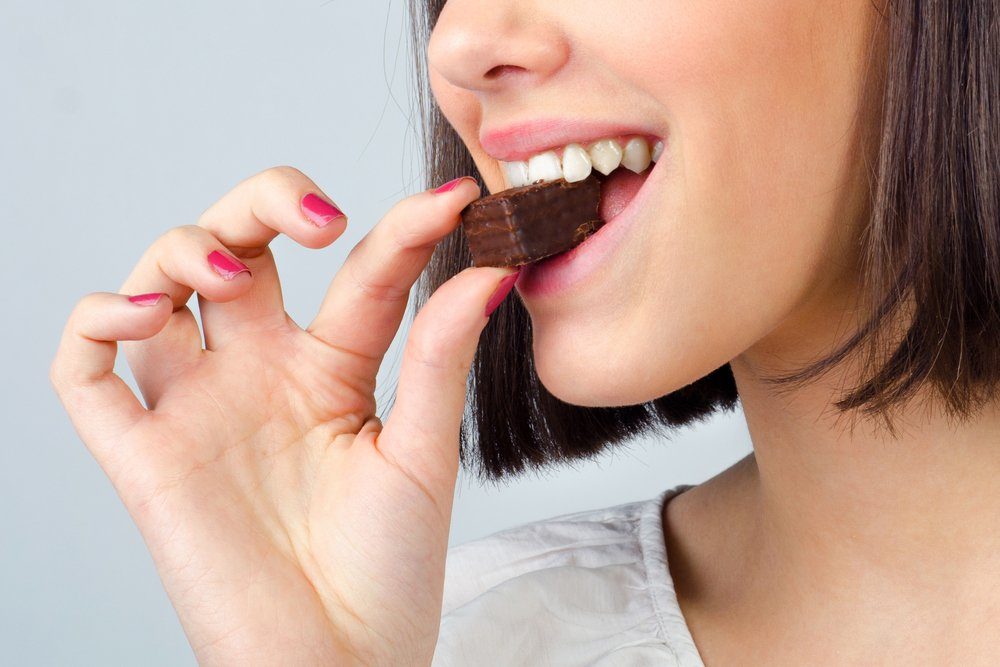
Deciding if a food is “worth eating” depends on a few factors
What you eat should be based on personal health goals and taste preferences, not just how many calories a food has. According to registered dietitian nutritionist Malina Malkani, media spokesperson for the Academy of Nutrition and Dietetics, if weight loss or maintenance is a goal, then staying within an appropriate calorie range is important. “But even in a well-balanced and proportioned daily diet, there is certainly room to enjoy favourite treats, high-calorie or otherwise,” she says.
Balancing both an appropriate calorie range and nutrient needs for overall health is a delicate dance. Registered dietitian Ali Webster, associate director of nutrition communications for the International Food Information Council Foundation, adds that people should look at the context of their entire diet to make the best choices.
Here are some healthy foods you shouldn’t be afraid to eat because of the calories.
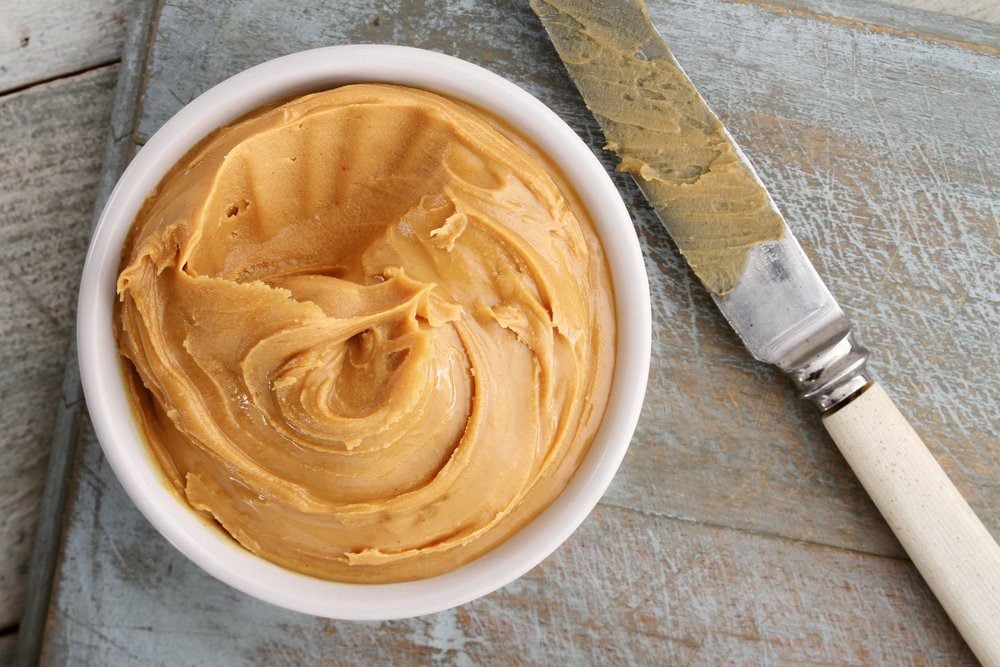
Nuts and nut butter
Foods like nuts that are higher in fat tend to be higher in calories. One gram of fat is nine calories, while one gram of protein or carbohydrate is only four calories, according to Malkani. Both nuts and nut butter are great, health-promoting options because they are rich in protein, fibre, and healthy fats, as well as many vitamins, minerals, and phytonutrients, she says.
Webster adds that the healthy mono- and polyunsaturated fats in nuts and seeds are associated with a lower risk of cardiovascular disease, too. Their protein content makes people feel full after eating them, unlike calorie-dense but nutrient-poor snacks like chips and cookies.
Calories: Around 85-100 calories per serving depending on the nut type
Check out these foods you should be eating raw.
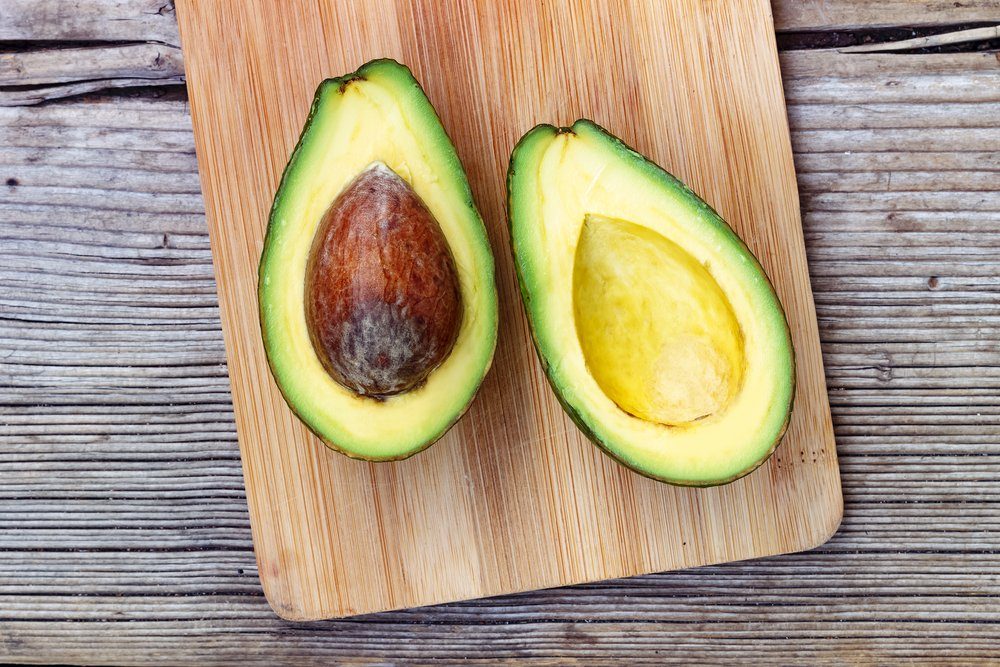
Avocados
These fruits are trendy, tasty, high-calorie nutrition powerhouses. Avocados are rich in heart-healthy monounsaturated fat, which makes them higher in calories than other fruits, Malkani says.
Webster adds that they’re also a good source of copper, folate, fibre, and vitamin K. Plus, the fat in avocados serves as a “nutrient-booster” that helps the body absorb fat-soluble nutrients from other foods, including vitamins A, D, E, and K, according to Malkani and Webster.
Calories: About 240 calories per avocado
Read this before you throw out that avocado seed husk!
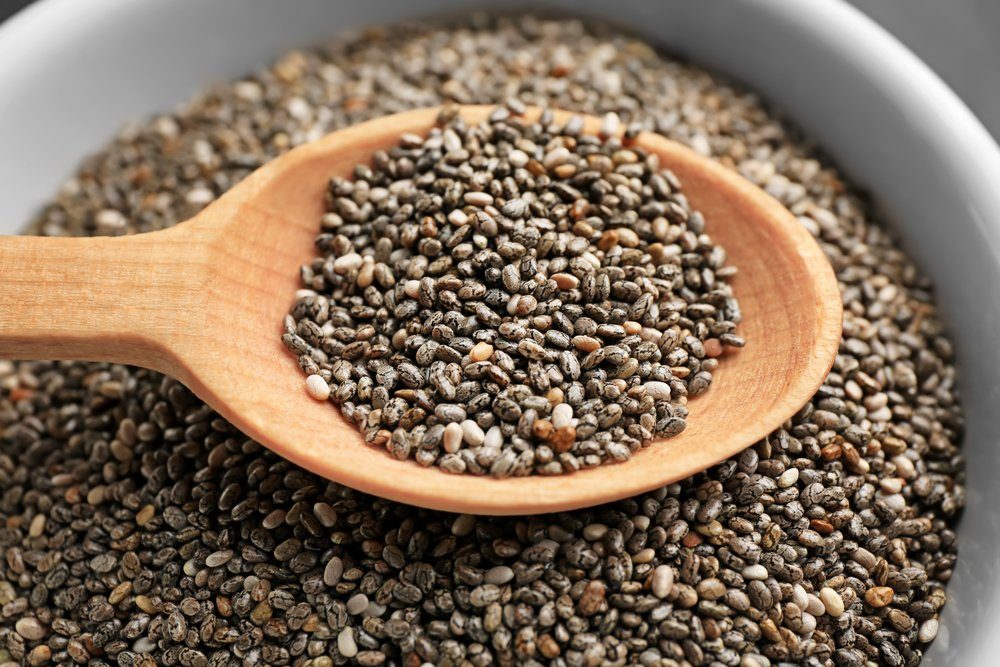
Chia seeds
Tiny chia seeds are full of calories and nutrients. Not only are they high in fiber, but they’re also rich in calcium, protein, omega-3 fatty acids, zinc, and copper, Webster says.
Chia seeds may lower blood pressure and have anti-inflammatory effects thanks to the healthy fats like ALA and omega-3s, per Malkani.
Calories: About 70 calories per tablespoon
Don’t miss these other health benefits of chia seeds!
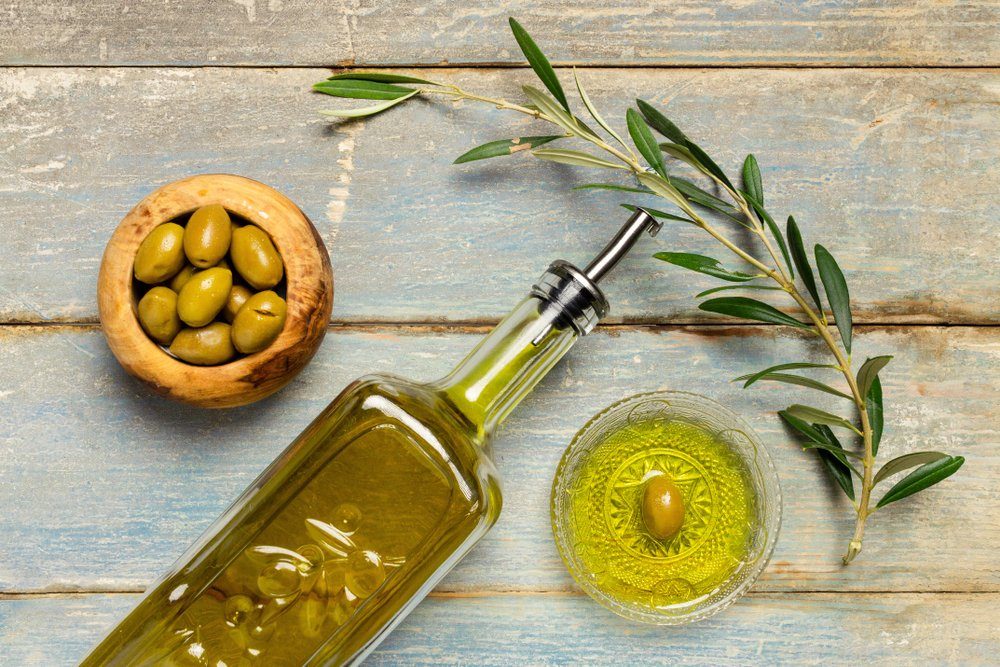
Olive oil
Olive oil is an excellent source of monounsaturated fats, which could lower the risk of heart disease, according to Webster. The health benefits of olive oil seem endless thanks to the high omega-6, omega-3, vitamin E, and vitamin K content, too. The oil could improve everything from brain function to healthy weight management. Make sure that the variety you use is 100 per cent extra virgin olive oil since some companies dilute other olive oil with cheaper oils.
Calories: Around 120 calories per tablespoon
Find out why you should never add oil to your pasta water.
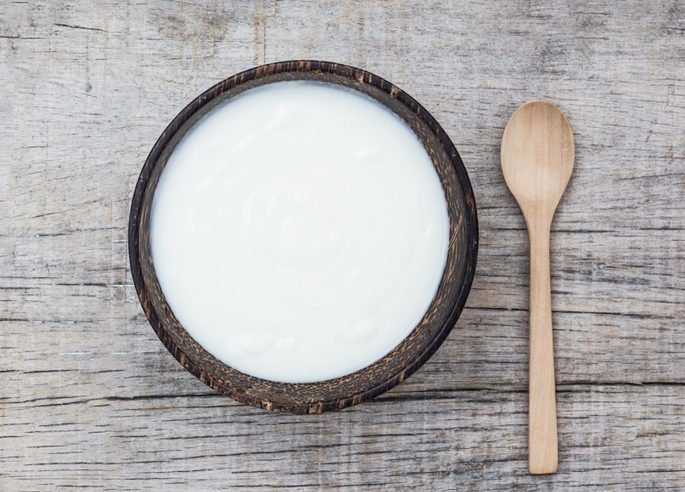
Dairy
Dairy is full of protein, calcium, vitamin D, potassium, and “good bacteria” that promote digestive health, according to Malkani and Webster.
Although both full-fat and low-fat dairy options have these nutrients, the full-fat variety has a more rich and enhanced taste. Webster says this leaves people feeling more satisfied in comparison to those who eat a version with less fat.
This extra fat also helps people feel full and in turn may help with weight loss, according to Malkani.
Keep an eye on the saturated fat content of full-fat dairy if you choose it regularly and be sure to minimize saturated fat intake from other sources, Webster says.
Calories: About 149 calories per cup of whole milk
Are you milk intolerant? It turns out lactose might not be the problem.
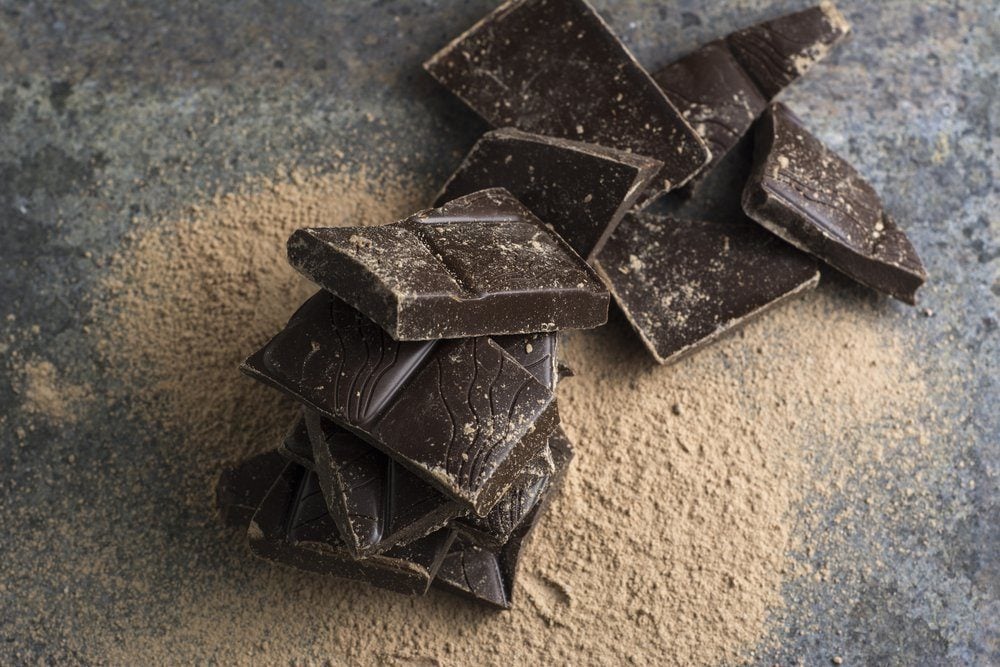
Dark chocolate
Cocoa or dark chocolate is full of antioxidants and other healthy nutrients. High-quality dark chocolate is rich in fiber, iron, magnesium, copper, and a few other minerals. All these healthy properties may help dark chocolate improve brain function, reduce heart disease risk, and improve blood pressure. Much like olive oil, the better the quality, the better the benefits. So opt for dark chocolate with 70 percent or more cocoa.
Calories: About 155 calories per ounce
Here are more foods you don’t need to eliminate from your diet.